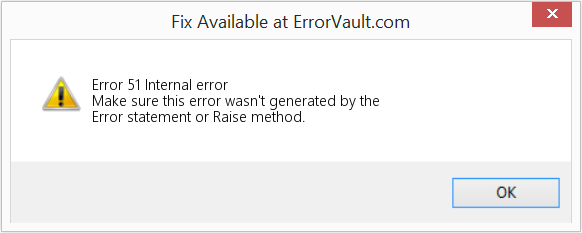

This is the equivalent of running a marathon for me on the mental field(I have done real marathons too). My upper limit (in anki) is over 400 new words in a different language (like chinese or japanese) per day with extreme exhaustion, not doing anything the entire day but memorizing. It is a very good idea that you read a book about mnemonics, and all the techniques, things like exaggerating pictures or places in your head, remembering faces, what a neural connection is and so on, and start applying it. I have trained people in my environment and they have improved enormously. I thought I had bad recall, but the fact is that I did not know about the memory. This is where the idea of "comprehensible input" comes into it, see: There's also the fact that, as a language learner, the context itself often isn't understood very well (or at all), which makes the natural process even slower.

But when you have an explicit goal, you're more likely to be compelled to want the mental shortcut/jumpstart that a translation provides. intuitive) in a new language too, which is why there is an emphasis on immersion/input in most language-learning circles/ideologies. This is required, to some degree, to become fluent (i.e. Unless you feel compelled enough to look at a dictionary or ask someone for a definition (which is basically equivalent to looking at a translation in the language-learning context), you often just live with an incomplete mental model, until it becomes gradually refined from repeatedly hearing/seeing the word in context. In your native language you don't (generally) have a specific goal to learn that word. Then perhaps getting one wrong should also prompt a test of the other, or indeed maybe it should delay the test of the other? Who knows. But if an SRS system were recommended by and developed by a national curriculum, I suspect it could be a lot cleverer and more efficient.Īs one example, consider if you had to learn the translations of 2 words. Part of this is due to the lack of data - and the privacy concerns that would accompany Anki harvesting it all and feeding it to a machine learning system. One person probably doesn't have enough data to know what would be most efficient, so they guess, or stay with the defaults.

But presumably those settings can be tuned for a individual, a subject, or even a card. Anki allows you to customise many aspects of when cards are shown. If that is your case, try installing older versions of the app.I have used Anki productively, I think it's a great tool, and should be a component of learning in many fields.īut I can't help but think it could be a lot better, a lot more efficient, perhaps even 2x more.

There are a few ways to fix this problem. Usually, when you open an app, you will see a black screen for a few seconds and then the app will crash with or without an error message. It is one of the most common problems in mobile phones and tablets.


 0 kommentar(er)
0 kommentar(er)
